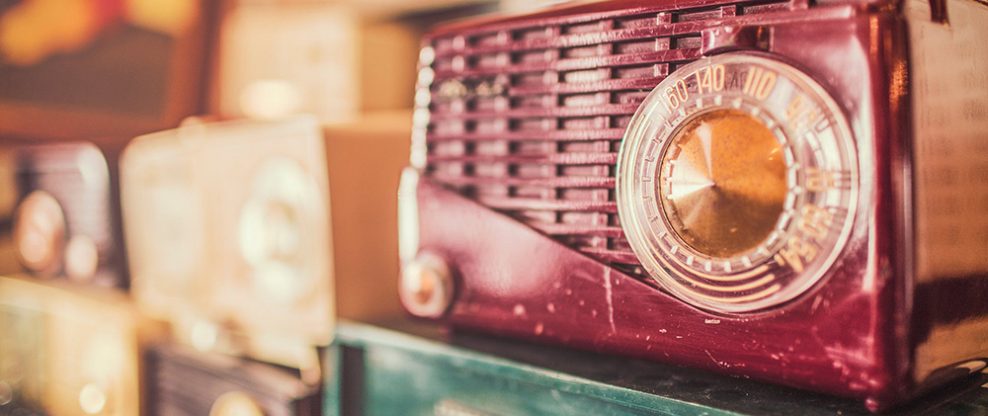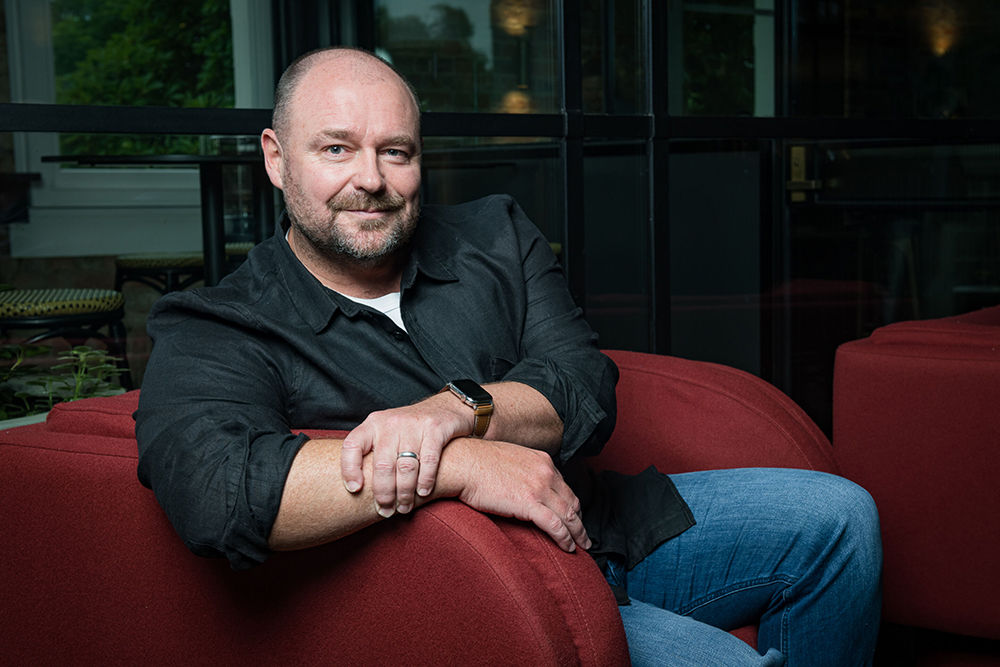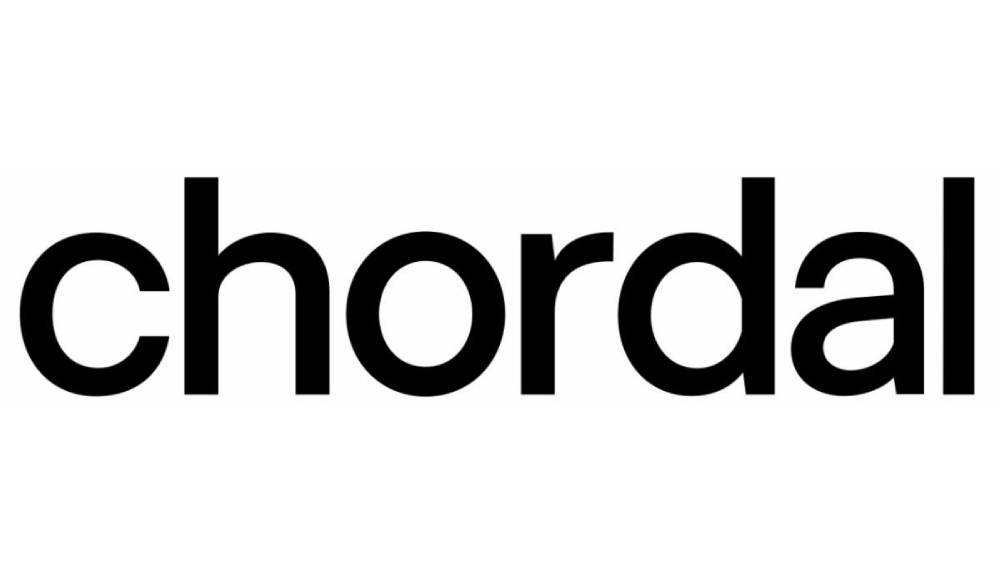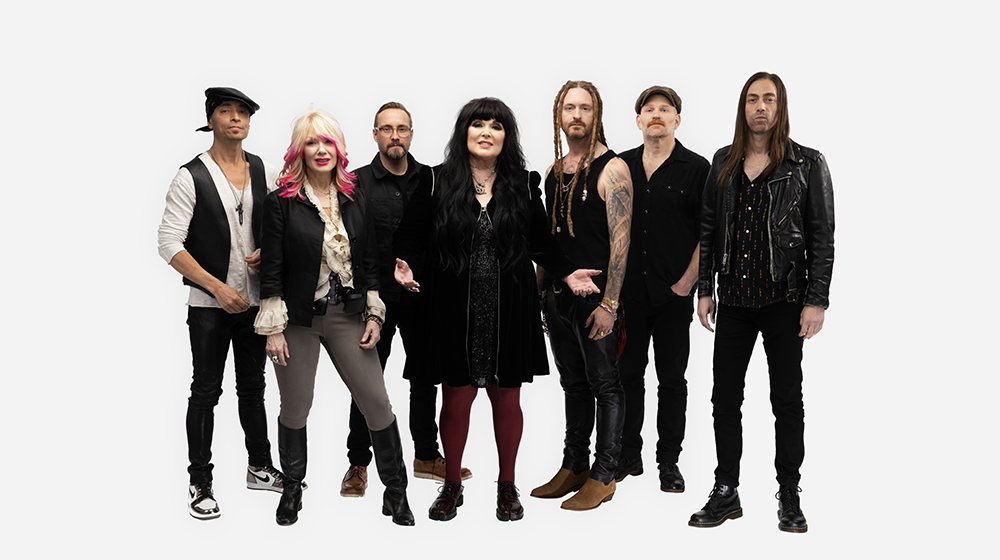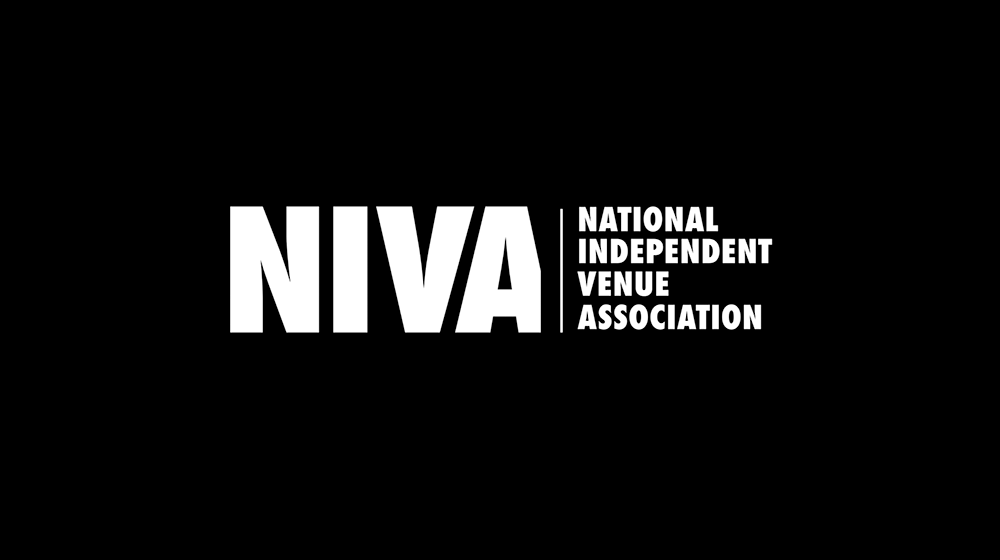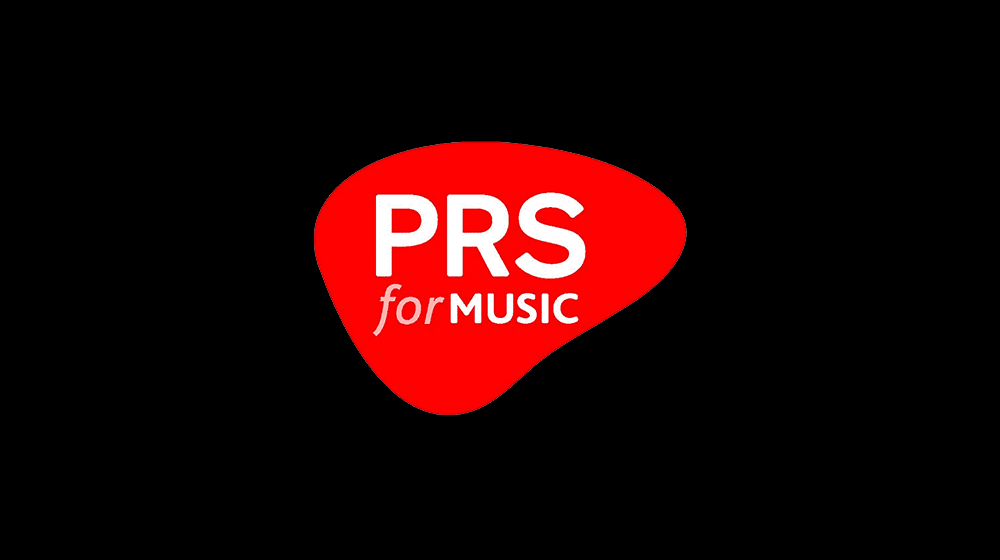(Hypebot) — Living in a world of rapid-fire news, certain expectations have been established for how and how quickly brands are expected to deal with crisis when it inevitably strikes, a burden which falls particularly hard on a live medium like radio.
________________________________________
Guest post by Fred Jacobs of Jacobs Media
The proliferation of electronic media, coupled with the fact that most consumers have their mobile phones close at hand, signifies changes in the way consumers expect their news.
Especially during a crisis.
And these days, “Breaking News” has become something of a joke. Multiple times during most days – including weekends – there are news stories, developments, and surprises no one saw coming. This has put incredible pressure on news outlets, from the nation’s newspapers to cable TV networks to radio news operations.
A recent story by Poynter’s media’s business analyst, Rick Edmonds, looks at how public radio is coping with the growing demand, despite diminishing staffing and funding. To compensate, many of their news initiatives now revolve around collaboration with other outlets (websites, newspapers) , by tying together stations statewide or regionally, or connecting up stations in more remote areas. High Plains Public Radio is a good example, providing collaborative coverage in the rural region including Kansas, Texas, Oklahoma, and Colorado.
In this new landscape of new immediacy, how much time is reasonable between when a breaking emergency, event, milestone, or death occurs, and a trusted media outlet reports it?
These days, response time is becoming a factor in the ways in which consumers use, choose, or reject media outlets. And it’s been a particular pain point for many radio stations, often understaffed, voicetracking, mired in the middle of syndicated programming – or all of these – when a big event occurs.
And at what point do consumers go elsewhere if they’re not seeing or hearing coverage on your outlet(s)? And is there collateral damage for brands that fail to step up within what is deemed a reasonable time frame?
Every time something happens – a weather emergency, a shooting, a rock star death – there are now small groups of people monitoring radio stations, checking social media, and determining how long it takes for radio to spring into action. This is an issue whether we’re talking about commercial radio – news and music stations – as well as public radio outlets.
But what about when the crisis happens to your brand? A personality posts something inappropriate on social media, your morning show defects to the competition, someone gets injured at a station event, a rumor of an impending format change goes public – and on it goes.
A recent MediaPost commentary by Joe Mandese consults a new research effort by brand safety company Crisp. This past May, they surveyed 1,000 adults in the U.S. and U.K. to determine expected brand response time when a “crisis” occurs.
You can access the entire study – “How Companies React To A Brand Crisis” – here. Below are some key takeaways:
- Social media has amplified problems – Crisp notes that eight in ten brands have had to respond to some sort of crisis in the past five years.
- Response time is key. More than half expect brands to take action with an hour of a crisis breaking.
- There are all kinds of crises. A majority of respondents say news stories about a brand’s mistreatment of workers, ethical or CEO misconduct, or dealing with customers (audience members) in a less-than-good way all qualify as a “company crisis.”
- Consumers expect fact-based responses…from the boss. When trouble strikes, it shouldn’t be a personality or even a program director responding. Crisp says a majority of its survey participants look to the CEO for an explanation (or someone to blame).
- Poor response equates to collateral brand damage. Nearly two-thirds of respondents say they’d be unlikely/very unlikely to shop (listen to?) a brand that behaves poorly during a crisis. But the converse is also true. More than nine in ten say they’d be very/somewhat likely to do business with a company that responded well to a crisis.
- Size doesn’t matter. A majority say they expect all companies to respond to a crisis, whether they’re the size of an iHeart or an Entercom – or a mom & pop broadcaster.
There are myriad considerations here – transparency, pragmatism, customer service – not to mention the sheer volume of news events.
But there’s also an issue of response time, whether this is a self-inflicted brand crisis or one that happens in a market or within a radio station’s lifestyle spectrum.
The Internet coupled with the Trump Era – reinforced with constant “Breaking News” updates – is conditioning consumers to find the information they’re seeking NOW. Most intuitively have a pecking order of sources they’ll go to in their quest for answers, information, perspective, accuracy, and context.
It’s not Spotify. Nor is it SiriusXM. It’s not Amazon Music, nor is it Netflix. Or a favorite podcast.
Consumers know who broadcasts in real time, and they form different expectations of the brands they frequent.
There is pressure on news departments to track stories down, get the information out there, and help consumers understand what’s happening. But the same is true with the radio stations consumers listen to. An event that impacts a “tribe” triggers that need to know, and it’s essential that radio not lag behind the curve.
That’s a truism, whether a talk station is airing Rush Limbaugh, a public radio station is carrying “Fresh Air,” or a music station is in the middle of a song when news breaks.
We may disagree about what constitutes a crisis, much less whether a news alert is truly worth the bother.
But consumers increasingly are demanding nearly real-time responses to the world around them.
Radio needs to figure out a way – budget cutbacks and all – to answer the bell.
Or risk becoming less relevant.
Fred Jacobs founded Jacobs Media in 1983 and quickly became known for the creation of the Classic Rock radio format.
Jacobs Media has consistently walked the walk in the digital space, providing insights and guidance through its well-read national Techsurveys.
In 2008, jacapps was launched – a mobile apps company that has designed and built more than 1,200 apps for both the Apple and Android platforms. In 2013, the DASH Conference was created – a mashup of radio and automotive, designed to foster better understanding of the “connected car” and its impact.
Along with providing the creative and intellectual direction for the company, Fred consults many of Jacobs Media’s commercial and public radio clients, in addition to media brands looking to thrive in the rapidly changing tech environment.
Fred was inducted into the National Radio Hall of Fame in 2018.

